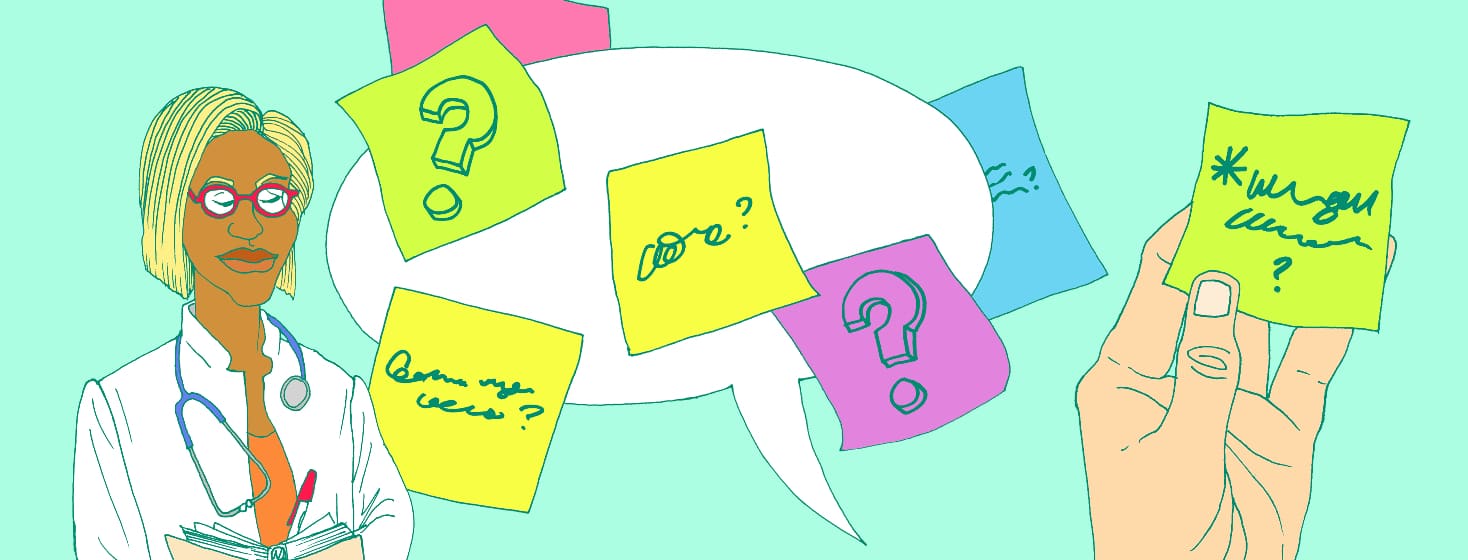The Power of a Name: Why a Rare Disease Diagnosis Matters
Recently, a friend of mine, Fiona, visited her cardiologist. She has been having some troubling symptoms that have been going on for several years now.
Although she had been to this doctor previously, she felt she hadn't been taken seriously. So Fiona was back at it, trying to figure out why she doesn't feel "normal." This time, she brought her own idea to the table.
Advocating for a diagnosis
When Fiona spoke to her doctor, he confirmed that the diagnosis Fiona suspected would fit the symptoms that she was experiencing. However, he explained that even with a diagnosis, it "wouldn't change anything."
She pushed back, asking that he perform the test to confirm the diagnosis anyway. After some back and forth, he relented and agreed to the testing.
Within minutes, someone in his office performed the test. As suspected, Fiona "failed" the test. It was confirmed immediately, and Fiona was diagnosed with POTS, or postural orthostatic tachycardia syndrome.
The validation of a diagnosis
After leaving the doctor's office, Fiona called me and recounted the whole episode. She shared her relief about finally having a name for the group of symptoms that she experiences.
After years of medical professionals and family members dismissing her symptoms, she finally felt validated. It felt like a huge weight had finally been lifted, and she knew I could relate.
Does having a diagnosis change anything?
We talked about the doctor's hesitation and the idea that having the diagnosis wouldn't change anything. He was right in one sense. Medically speaking, having a name for the symptoms does not change her current treatment plan.
Following the diagnosis, she wasn't given any new medications. She wasn't told that she would need more frequent trips to the doctor to follow up or anything like that. The doctor suggested a few small lifestyle changes and sent her on her way.
Relief and understanding
We agreed that the doctor's view was decidedly limited when he told her that confirming the diagnosis wouldn't change anything. As soon as she "failed" the test, she said that she was flooded with relief. Fiona finally has an explanation for the constellation of symptoms that disrupt her life. As so many people with rare diseases know, getting a diagnosis can be very validating, even when it doesn't change the "ground game."
Connecting with a community
In addition, she now belongs to a community of others who live with the same thing. With a diagnosis, it's possible to seek out and connect with others living with the same condition. People who live with the same condition can share their lived experiences about what has helped them and what has exacerbated their symptoms. In my own experience, I have found these connections to be invaluable.
Beyond treatment: The benefits of a rare disease diagnosis
I'm not currently on any medications for the management of my disease. But having an official diagnosis and being a member of many neuroendocrine communities online has been extremely beneficial for me and many others who live with rare diseases.
Oftentimes, I'm able to get a more nuanced view of something when I speak to other patients. While medical professionals can explain a lot of what to expect following a procedure or starting a new medication, there is nothing quite like hearing directly from other people who have been through it. The tips that other patients have provided have been incredibly helpful. They're often things that my doctors just haven't thought of, having not lived through it themselves.
A multi-faceted view of illness through community
Doctors gave me one lens through which to view my illness, but the community has given me many different lenses through which to view my condition.
Community has helped me feel less alone as someone living with a rare disease. Not only that, but my community has inspired me, motivated me, and shown me everything that is still possible while living with this illness.

Join the conversation